
Bolivia gas, lithium hinge on post-Evo path: Update
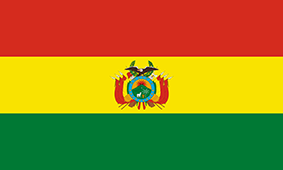
Natural gas production and pipeline exports to neighboring Brazil and Argentina remained largely unscathed by unrest that broke out following a 20 October presidential election, which the Organization of American States (OAS) deemed to be fraudulent. Morales had been seeking a controversial fourth term in office.
Bolivian senator Jeanine Anez of the center-right Democratic Unity party has emerged as interim president after the main constitutional successors to Morales resigned in his wake. Anez will have to establish a new electoral calendar and replenish the gutted executive branch. But she will first have to ensure that calm is restored. Following a night of clashes and looting, tensions are rising again in La Paz and Cochabamba this evening where Morales supporters from the Movement toward Socialism party (MAS) are setting up roadblocks and threatening to attack government buildings, commerce, police stations and private homes. Morales and his supporters inside and outside Bolivia claim he was the victim of a coup. Morales opponents are organizing to protect property and support the police.
"This will be a simple transition as the Bolivian people want," Anez said upon arriving at the legislative assembly today. "We will call elections with honest people that will bring us to elections that reflect the feelings of all the Bolivian people. We have immense responsibility to the country."
The legislature is scheduled to convene tomorrow to formally accept Morales' resignation.
Spain's Repsol, the country's top private-sector producer, said its output has held steady despite logistical issues and labor shift adjustments. The company posted net production of just over 42,000 b/d of oil equivalent as of June 2019.
Shell said the team working on its Jaguar exploration well has been reduced, and civil works at its Yapucaiti exploration has been put on hold. As with most businesses, Shell's administrative offices in Santa Cruz and La Paz are closed and employees are working from home.
Brazil's state-controlled Petrobras said its operations have not been affected.
Natural gas exports are Bolivia's primary source of revenue. Exports into Brazil this year have hovered around 15mn m³/d, while shipments to Argentina are about 11mn m³/d.
Officials remain in place at state-owned oil and gas company YPFB, which assumed a leading operational role after Morales nationalized the hydrocarbons sector shortly after taking office in 2006.
Among the energy-related challenges that a new Bolivian government will face are stimulating exploration for new reserves and establishing new avenues for gas exports. Brazil is now awash in pre-salt gas, while Argentina is developing huge reserves of shale gas, leaving Bolivia with smaller markets for its landlocked supply. Under Morales, the government was promoting a new pipeline to Paraguay.
Beyond natural gas, Bolivia has been trying to develop its extensive lithium reserves. Its fledgling campaign recently sputtered with the government's unexplained repeal of a joint venture agreement between Bolivia's state-owned lithium company YLB and Germany's ACI Systems to tap brine lithium from the Uyuni salt flats. ACI Systems, with 49pc in the joint company, had committed to investing $1.3bn.
Hiding out
Morales' whereabouts are unknown. His electoral rival, former president Carlos Mesa, and other officials said he has taken refuge among traditional supporters in the central coca-growing province of Chapare.
During his long tenure, Morales was among the staunchest regional allies of Venezuela´s president Nicolas Maduro, who is no longer recognized by most Western countries as the country's legitimate leader. Maduro and other leftist allies in the region decried Morales´ exit. Venezuela's political opposition which has been struggling to oust Maduro since January, was stunned by the lightning removal of his Bolivian ally, whose resignation was preceded by the loss of military and police support.
Mexico's foreign minister Marcelo Ebrard described yesterday's events as a coup, and confirmed that his government has granted Morales asylum.
"We see the coup as a serious retreat in the democratic life of this continent...we are very concerned," Ebrard said this morning in Mexico City.
Mexico's official residence in La Paz took in 20 Bolivian government and legislative representatives yesterday, Ebrard said.
"Despite the seriousness of the events, there has been silence in the face of the military action," he said. "The first and most important article of the OAS is the defense of freedom and democracy."
The OAS is scheduled to convene tomorrow to address the situation in Bolivia.

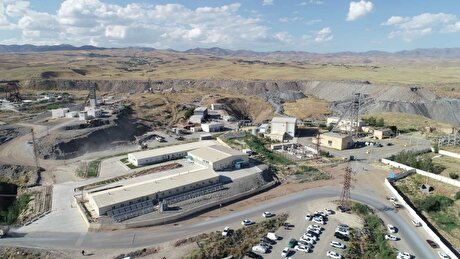
Navoi saw first half output value double on higher gold prices
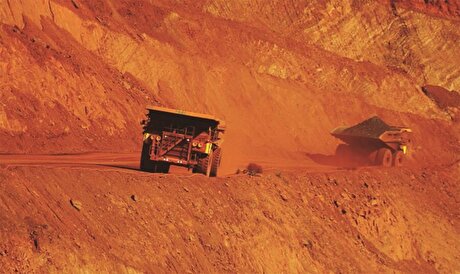
BHP to explore battery partnerships with CATL, BYD

Fatalities rise for second year in global mining sector
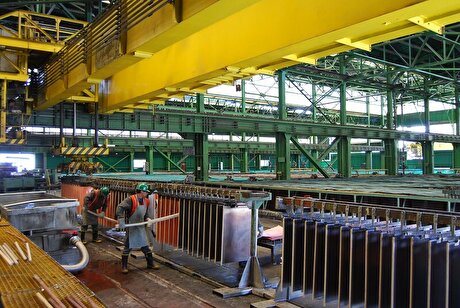
Smelter mishap stokes shutdown push at Codelco
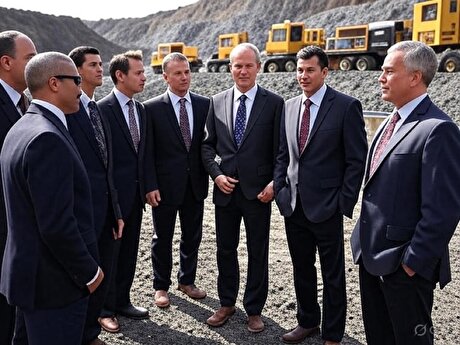
CHART: Nvidia hits $4 trillion – how do mining stocks stack up?
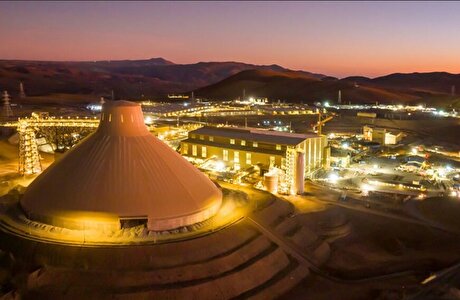
Copper mine output to rise 2.9% annually over next decade, says Fitch’s BMI

Taseko more than doubles value of Yellowhead project near Gibraltar

Silver price surges to 14-year high amid mounting trade tensions

Lockheed Martin reboots Pacific seabed mining plans
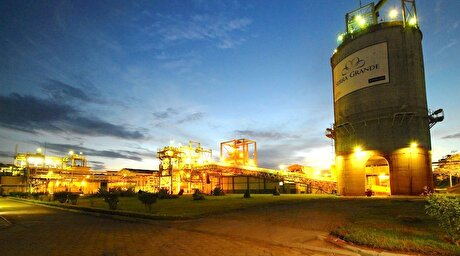
Aura Minerals makes US listing debut
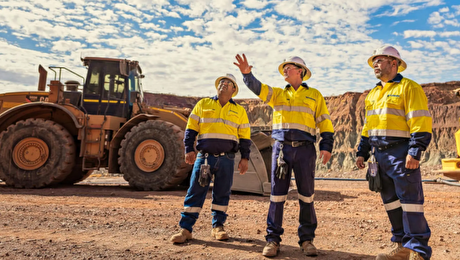
Newmont nets $470M from selling Greatland, Discovery Silver stakes

Rinehart urges Rio Tinto to shift main office to Australia

Rio Tinto picks iron ore boss Simon Trott as new CEO

Gold price forecast gets 15% upgrade for 2025: LBMA poll

Apple invests $500M in Pentagon-backed MP Materials
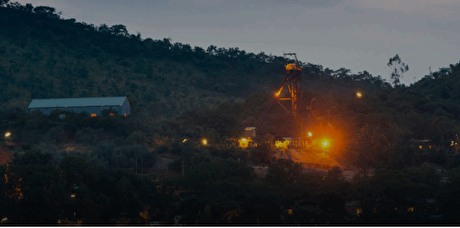
Namib to spend up to $400M to restart Zimbabwe gold mines

Critical Metals soars as it begins drilling to boost Greenland rare earth resource

Trump’s 50% copper tariffs jolt US market as buyers slash imports and delay orders

Friedland backs Trump’s copper tariff as wake-up call

Rinehart urges Rio Tinto to shift main office to Australia

Newmont nets $470M from selling Greatland, Discovery Silver stakes

Rio Tinto picks iron ore boss Simon Trott as new CEO

Apple invests $500M in Pentagon-backed MP Materials

Namib to spend up to $400M to restart Zimbabwe gold mines

Trump’s 50% copper tariffs jolt US market as buyers slash imports and delay orders

BHP to explore battery partnerships with CATL, BYD

Silver price surges to 14-year high amid mounting trade tensions

CHART: Nvidia hits $4 trillion – how do mining stocks stack up?












